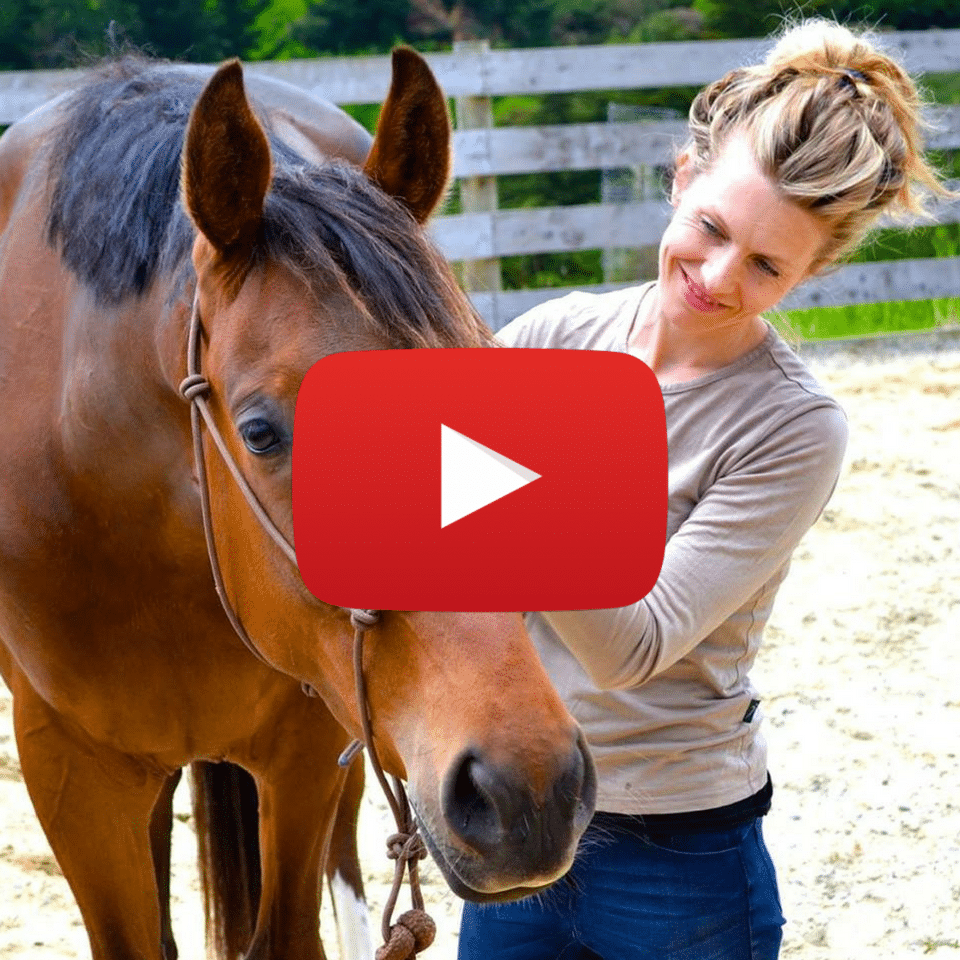I had a fabulous question about anger emailed to me recently that I wanted to share with you all. Interestingly, along with fear, anxiety, and frustration, anger was one of the most commonly experienced emotions that showed up in my “what emotions are you challenged by” poll, and it’s also one that there is a lot of shame around. For the most part, we recognise that it’s “wrong” to feel angry with our horses; wrong not for the emotion in and of itself, but because it’s misplaced.
Our horse’s behavior at any one time is simply an expression of feeling; they are communicating to us how they feel in response to the situation that they find themselves in and how reassured they are by our presence at that moment. In a sense, it is personal. Whether or not we take it personally is another thing altogether. The information that is offered to you is that at that moment in time, your presence and the communication between you both was not enough to provide them with the comfort and safety that they needed, and their response is an expression that they believe to be in the best interest of their survival at that point.
The context of the situation in question was that horse and rider were out walking together and the horse got concerned to where his behavior also caused concern for his owner. She described the emotion progression within herself as initially one of anxiety, and then of anger; anger at his behavior and the position that she was in. In this instance, she felt like the anger helped her. It helped her to take action.
What I want to talk about now is not the situation from a training perspective, but specifically the role of anger and its positive qualities which are not often paid attention to. Anger typically falls into our “negative” camp of emotions, mainly for the reason that we have come to associate it with the harmful forms of anger such as rage or abusive anger, that results from suppressing or ignoring the initial messages that it offers to us to the point where we fester or explode.
Instead of thinking of emotions existing in black and white form, think of them existing on a continuum. At the one end, we have the healthy flow of emotion which calls us to take action, depending on the context and the emotion that shows up for us. Emotions at their essence are information and energy that call us to respond in some way; when we do so appropriately, we are moving with the beneficial flow of emotion and are doing exactly that; staying in flow. When emotions are out of flow, we know about it; we know about it through the repetition of habitual response or feeling connected to specific situations or events that create a situation where we no longer feel in control or observant of the emotion as an experience, but instead, that the emotion IS us and CONTROLS the experience.
Anger in its positive form is a very proud and upstanding emotion. It’s a call to activate our boundaries and to evaluate our circumstances from an emotional, physical and spiritual standpoint. When we feel that our safety has been breached, or we are called to assert our personal space or position, that is anger’s first whisper. In a training situation, if we have porous boundaries, are inconsistent in our awareness in establishing our own space and that of our horses, we may get to a situation where the sense of protection rises to the point where we need to be more physical and flamboyant in our demonstration of what’s ok and what’s not; the art is always to connect to the subtle messages and indications that work needs to be done so that we never need to reach this point.
When we are able to channel and utilise our emotions properly, we know because the outcome is that we are left in a better feeling place. We hear the message and we take action. When we rage, are abusive, violent or unfair with our anger, then we have an overt indication that work needs to be done, to restore both an inner sense of integrity and establish a way of going about things that honors you, your horse and those around you.
Leave behind the black and white association with feeling and instead ask yourself, what is this calling me to do and what can I do with that information?
Onwards.
xx Jane

